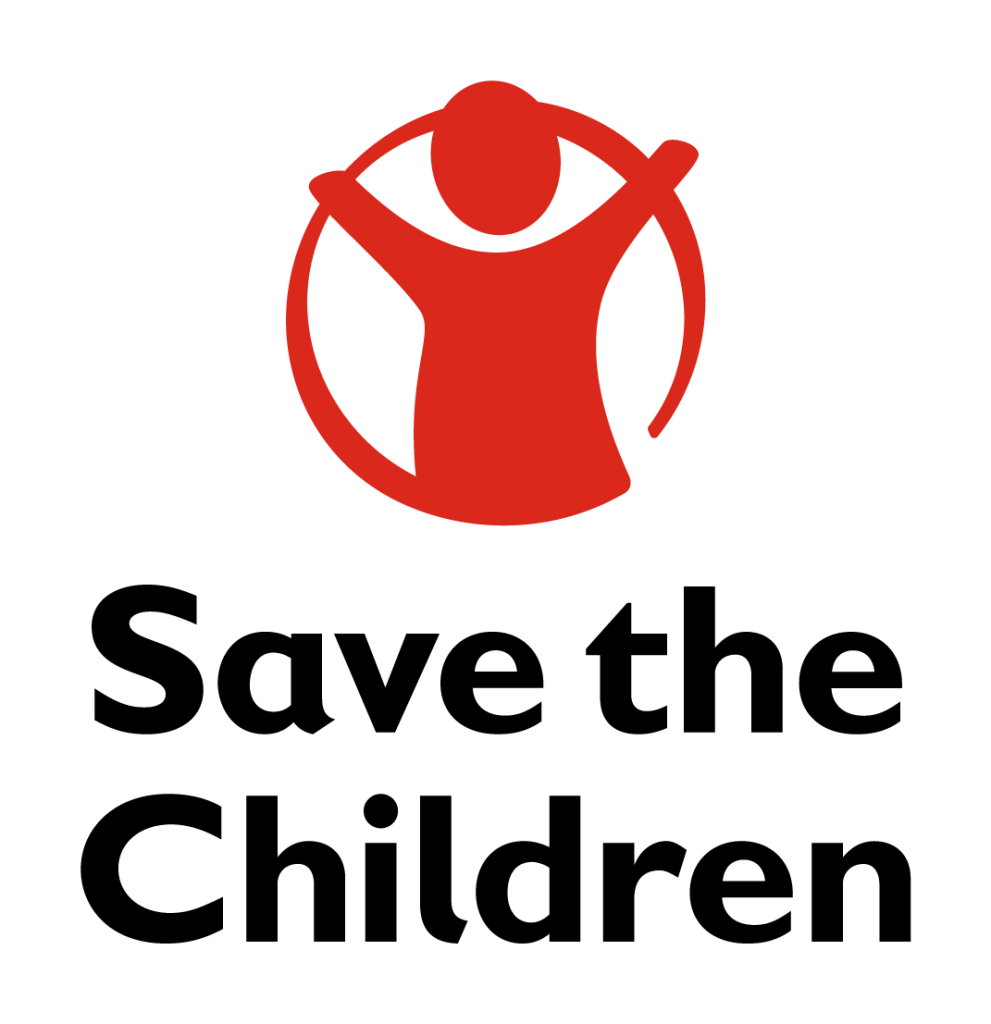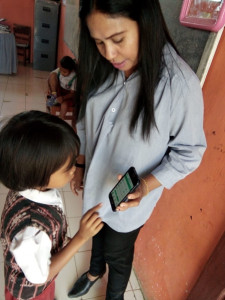- About AVPN
-
-
-
About AVPN
Who We Are
We are a leading ecosystem builder that is increasing the flow of financial, human, and intellectual capital from Asia and around the world into the social sector in Asia. We provide a network of peers, rigorous learning programmes, and innovative capital mobilization opportunities that make sure resources are more effectively deployed.
-
-
-
- Members
-
-
-
Membership Benefits
Unrestricted access to AVPN research reports and case studies
Access market-specific snapshots and opportunities
Increased visibility for events, programs and insights via AVPN website, blog, newsletters and social media channels
Leverage the AVPN platform to bring under-represented social issues top of mind for more than 600 social investors
-
-
-
- Resources
-
-
-
Resources
Highlights of the week
Trust-Based Philanthropy
In the face of increasingly complex and, sometimes rapidly, changing needs on the ground, it is crucial to take a step back and reconsider the status quo.
APAC Sustainability Seed Fund 2.0
By leveraging the success of the first round of the APAC Sustainability Seed Fund, AVPN continues to mobilise continuum of capital into supporting climate solutions in the region.
Faith and Giving
Faith, and the values, belief systems, moral codes, and religious doctrines, that underlie it, shape much of philanthropy across the world. From addressing needs in underserved communities to investing in sustainable energy solutions, faith-aligned givers are demonstrating that compassion can be a catalyst for a more just and equitable world. However, the fundamental drivers of faith-aligned giving often remain unexamined.
-
-
-
- Markets
-
-
-
Markets
We are a leading ecosystem builder that is increasing the flow of financial, human, and intellectual capital from Asia and around the world into the social sector in Asia. We provide a network of peers, rigorous learning programmes, and innovative capital mobilization opportunities that make sure resources are more effectively deployed.
Explore Markets
-
-
-
- Impact Communities
-
-
-
Impact Communities
-
-
-
- Capital Mobilisation
-
-
-
Capital Mobilisation
Featured Deals
Socio-Economic Empowerment of Women
Climate Action and Environment, Education, Financial Inclusion, Gender, Livelihood and Poverty Alleviation
Solve Education: Education through Innovative Learning Platform
Education, Employability, Livelihood and Poverty Alleviation
Lotus Petal Sr. Sec School, Gurugram
Education, Employability, Health
IT Training Against Poverty in Cebu
Education, Employability, Livelihood and Poverty Alleviation
IT Vocational Training Against Poverty
Education, Employability, Livelihood and Poverty Alleviation
Gigatonne: Addressing Problems within the Carbon Credits Market
Climate Action and Environment, Financial Inclusion, Gender, Livelihood and Poverty Alleviation
-
-
-
- Events
-
-
-
Events
Upcoming Events
UN Global Compact 2024 Climate Ambition Accelerator Final Registration
30 April 2024
Restoring Equilibrium: SVCA 2024 Annual Conference – Seeking Balance in A Turbulent World
16 May 2024
-
-
-
Waliku
Waliku strategically uses technology to address barriers to education participation, health and wellbeing of school-aged children, particularly those most vulnerable in a resource-constrained context.
By

Save the Children
Click here to learn more about the Impact Organisation
This is member exclusive
content. Click here to unlock
Social causes
Beneficiaries
SDGs covered
Endorsed by

Johnson & Johnson Foundation
The Johnson & Johnson Foundation is a registered charitable organization that reflects the commitment of the Johnson & Johnson Family of Companies to keeping people well at every age and every stage of life by blending heart, science and ingenuity to profoundly change the trajectory of health for humanity. The Foundation supports and champions the people on the front lines who are at the heart of delivering care, including nurses and community health workers. Together with our partners, we focus on building and strengthening a robust primary care health workforce – made up of capable, confident and resilient nurses and community health workers – so that they can provide quality care to the communities they serve.
Market of Implementation
- Indonesia
Problem
Student absenteeism is a common though underappreciated problem in low-resource settings globally. Lost learning due to chronic absenteeism is associated with poor performance that can ultimately lead to school dropout. Existing paper-based systems for recording and reporting absences in schools are not designed for early identification of high-risk students and the threats they face, and are not designed for prompt, targeted action. Communication gaps between schools, parents, and health and child-protection service providers in these settings add to the problem. Parents and teachers communicate infrequently to be able to share concerns about student well-being in a timely manner. Links between schools and health or child protection services are ad-hoc that they do not allow pro-active support for children who need it most. These include girls, migrants, ethnic minorities, those in poverty, with disability, or medical needs.
Solution
Waliku addresses the poor understanding of student absenteeism, communication gaps between stakeholders, and delays in responding to high-risk absentees. By shifting daily teacher-tasks of taking student attendance, and recording reasons for absence to a digital interface, Waliku allows a better understanding of student absences on an individual, class and school-wide level. By using mobile and cloud-based communication, Waliku prompts action, facilitating coordination between teachers and parents, school administrators and individual classes, and between education, health and child-protection service providers. For example, when a child shows up as a red flag for either consecutively missing school days or not meeting minimum attendance, Waliku prompts the teacher and school to connect with the child and family to assess and respond to child needs. If the child needs a referral, using Waliku the teacher immediately alerts a local clinic or social-welfare provider.















 Waliku addresses the poor understanding of student absenteeism, communication gaps between stakeholders, and delays in responding to high-risk absentees. By shifting daily teacher-tasks of taking student attendance, and recording reasons for absence to a digital interface, Waliku allows a better understanding of student absences on an individual, class and school-wide level. By using mobile and cloud-based communication, Waliku prompts action, facilitating coordination between teachers and parents, school administrators and individual classes, and between education, health and child-protection service providers. For example, when a child shows up as a red flag for either consecutively missing school days or not meeting minimum attendance, Waliku prompts the teacher and school to connect with the child and family to assess and respond to child needs. If the child needs a referral, using Waliku the teacher immediately alerts a local clinic or social-welfare provider.
Waliku addresses the poor understanding of student absenteeism, communication gaps between stakeholders, and delays in responding to high-risk absentees. By shifting daily teacher-tasks of taking student attendance, and recording reasons for absence to a digital interface, Waliku allows a better understanding of student absences on an individual, class and school-wide level. By using mobile and cloud-based communication, Waliku prompts action, facilitating coordination between teachers and parents, school administrators and individual classes, and between education, health and child-protection service providers. For example, when a child shows up as a red flag for either consecutively missing school days or not meeting minimum attendance, Waliku prompts the teacher and school to connect with the child and family to assess and respond to child needs. If the child needs a referral, using Waliku the teacher immediately alerts a local clinic or social-welfare provider.